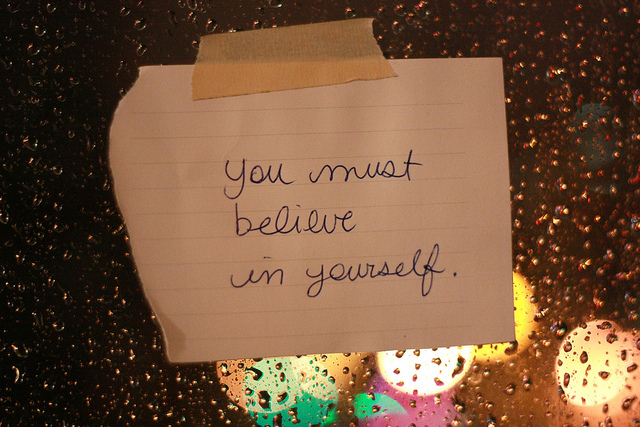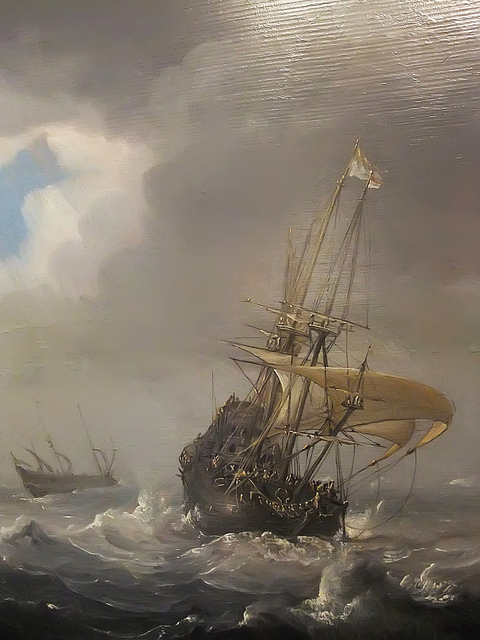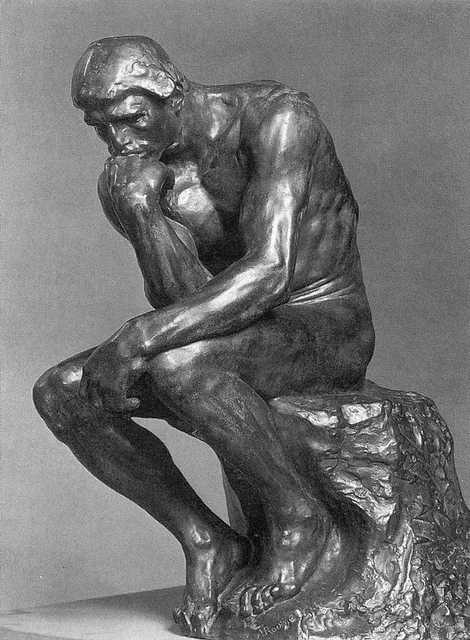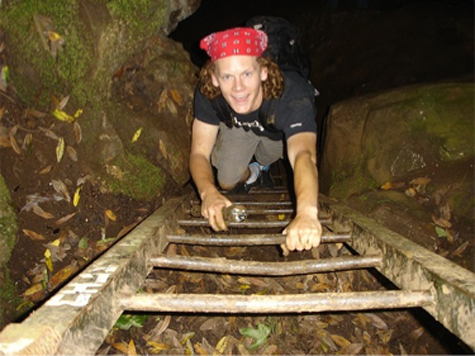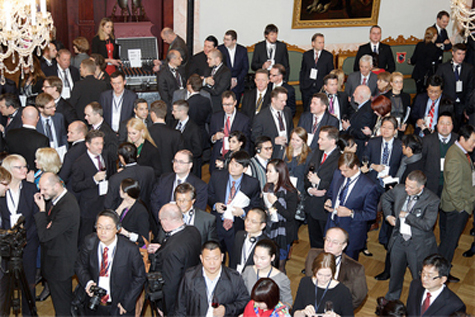“To strengthen the muscle of your heart the best exercise is lifting someone else’s spirit when you can.”
—Author unknown

Photo from Flickr by tiff_ku1
Did you know that your heart beats over 100,000 times in one day, and over 35 million times in a year? If you live an average lifetime, your heart will beat more than 2.5 billion times.
Each beat of your heart has about the same force as giving a tennis ball a hard squeeze. This force circulates approximately 5.9 quarts of blood through your body, three times every minute.
Through this constant effort the heart pumps the equivalent of about one million barrels of blood during an average lifetime, which is enough to fill more than three super tankers.
EXERCISE:
How can you exercise your heart today by being a coach, mentor, or friend to others, and lift their spirits higher?

